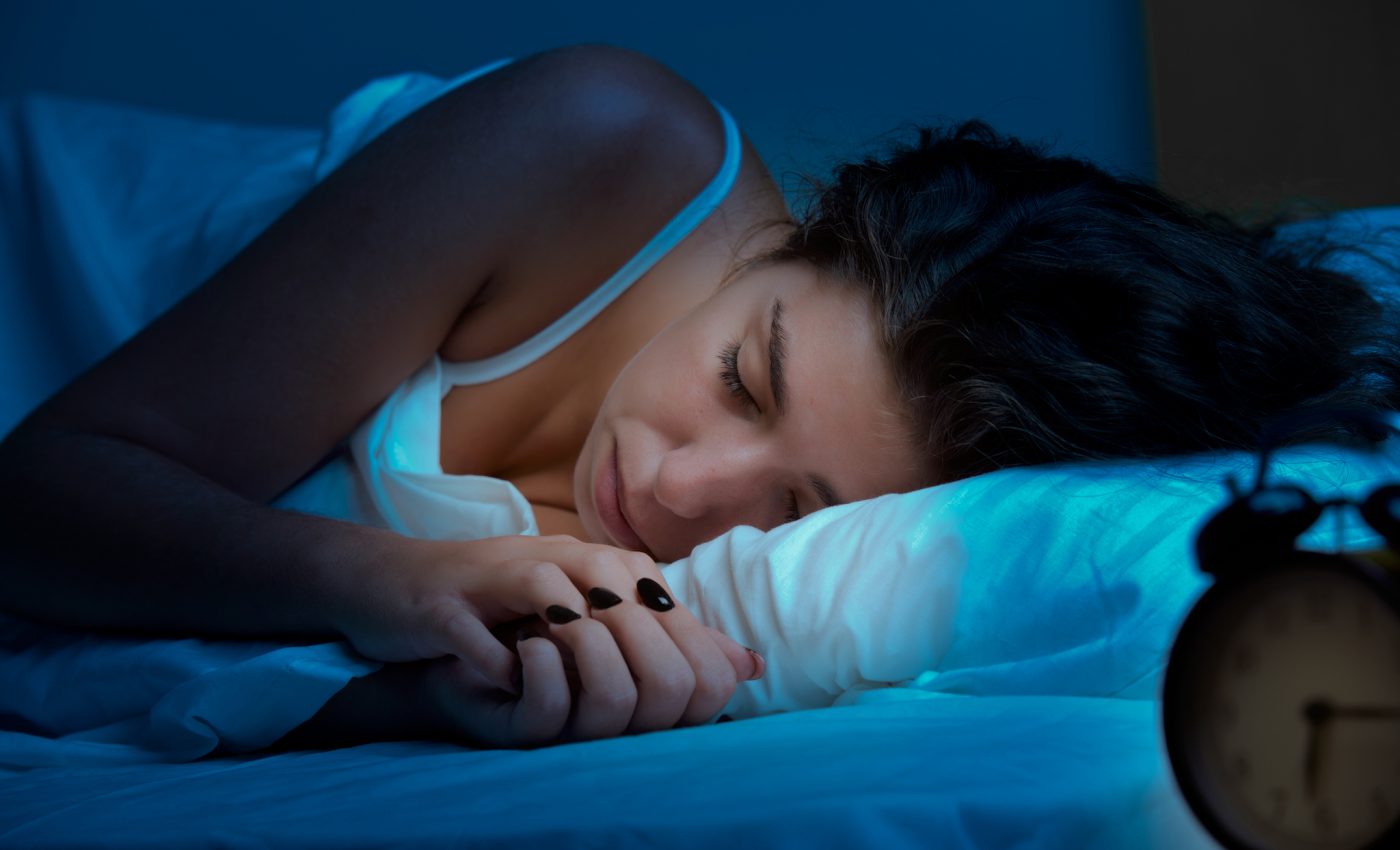
Too much or too little sleep is harmful to heart health
Too much or too little sleep is harmful to heart health. A new study presented at the annual meeting of the European Society of Cardiology has found that six to eight hours of sleep is the ideal amount of rest for optimal heart health. According to the experts, any more or less sleep can increase the risk of deadly heart disease and stroke.
Emily McGrath is the senior cardiac nurse at the British Heart Foundation.
“Getting a good night’s sleep is important for good health. When it comes to our heart and circulatory health, this large study suggests that there may be a sweet spot between getting too much, and getting too little sleep.”
“This research needn’t trigger alarm bells for those of us partial to a sleepless night or a weekend lie-in. However, if you regularly struggle with your sleep, it’s an important reminder to speak to your GP.”
“As well as having a negative impact on your quality of life, a lack of sleep could also be contributing to heart health problems further down the line.”
The findings of the study suggest that excessive sleep further elevates the detrimental effects that are associated with sleep deprivation.
Dr. Epameinondas Fountas of the Onassis Cardiac Surgery Centre in Athens, Greece, is one of the study’s co-authors.
“Our findings suggest that too much or too little sleep may be bad for the heart,” said Dr. Fountas. “More research is needed to clarify exactly why, but we do know that sleep influences biological processes like glucose metabolism, blood pressure, and inflammations – all of which have an impact on cardiovascular disease.”
The massive investigation was focused on data from over a million participants that were involved in 11 studies.
According to the analysis, a sleep schedule consisting of less than six hours or more than eight hours increased the risk of fatal stroke and coronary artery disease, which is the most common form of heart disease.
Over nine years, individuals who regularly got less sleep had an increased risk of 11 percent, while those who overslept increased the risk of heart disease by 33 percent.
“Having the odd short night or lie-in is unlikely to be detrimental to health, but evidence is accumulating that prolonged nightly sleep deprivation or excessive sleeping should be avoided, said Dr. Fountas.
The research was presented at ESC Congress 2018.
—
By Chrissy Sexton, Earth.com Staff Writer













